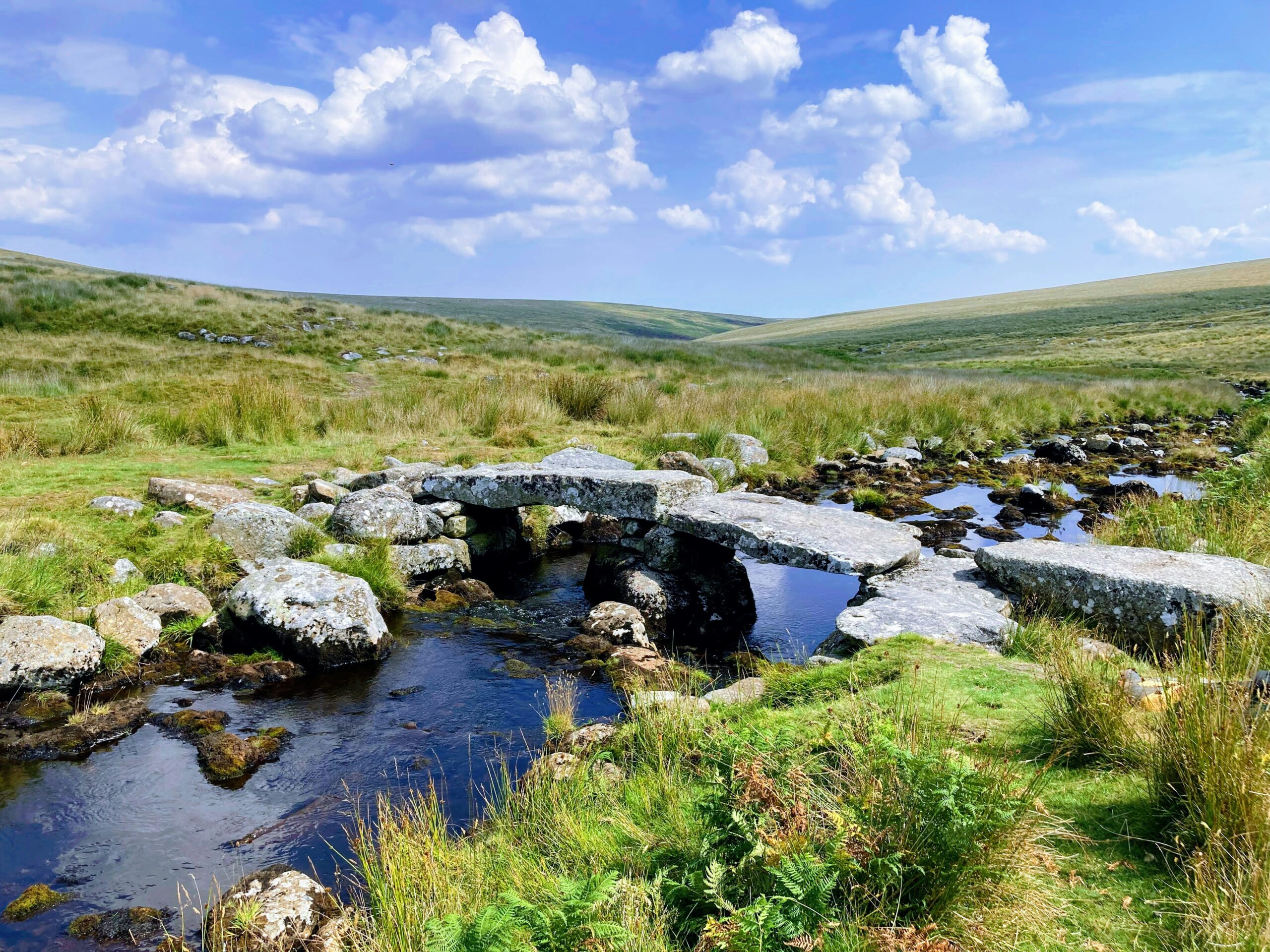Image description: ancient Clapper bridge over the river Avon in Dartmoor national park. Image by Ben Wrigley on Unsplash
River campaigners launch new report identifying key threats
Campaign for National Parks and the Rivers Trust have released their ‘Rivers at Risk‘ report, outlining the threats rivers in National Parks face and demanding urgent action from Government in England and Wales to protect and prioritise National Park waterways.
Key Findings
The Guardian has provided in-depth coverage of the report’s findings. There are 464 water company overflow sites inside national parks and the average duration of sewage spills for each site in 2024 was 549 hours – the equivalent of eight hours a day for two months.
- 57% of water bodies are failing to meet ‘good’ ecological status as required in legislation.
- 254,808 hours of sewage were spilled in National Park rivers in 2024 – this equates to twice the average from outside.
- Agricultural pollution of waterways affects 49% of rivers
The national parks worst affected by sewage overflows were Dartmoor, the South Downs, the Broads and Eryri, also known as Snowdonia.
These findings are particularly concerning as the Guardian also revealed a year ago that wildlife was faring worse inside national parks than outside.
Launch of a new campaign
As well as rivers, national parks contain internationally renowned wetlands and sensitive chalk streams, and host a huge variety of wildlife including salmon, beavers, water voles, bitterns and eels. They are visited by millions of visitors and help reduce flood risk downstream.
Campaign for National Parks and the Rivers Trust have launched a campaign demanding action from government ministers in England and Wales to protect National Park waterways. The campaigners are urging the government to bring forward stricter regulations, which were promised in January, and to ensure all sewage treatment works in national parks are upgraded to the same standard required in more populated areas.
You can read more about the campaign and report findings on their website: https://www.cnp.org.uk/support/campaigns/rivers-at-risk/
